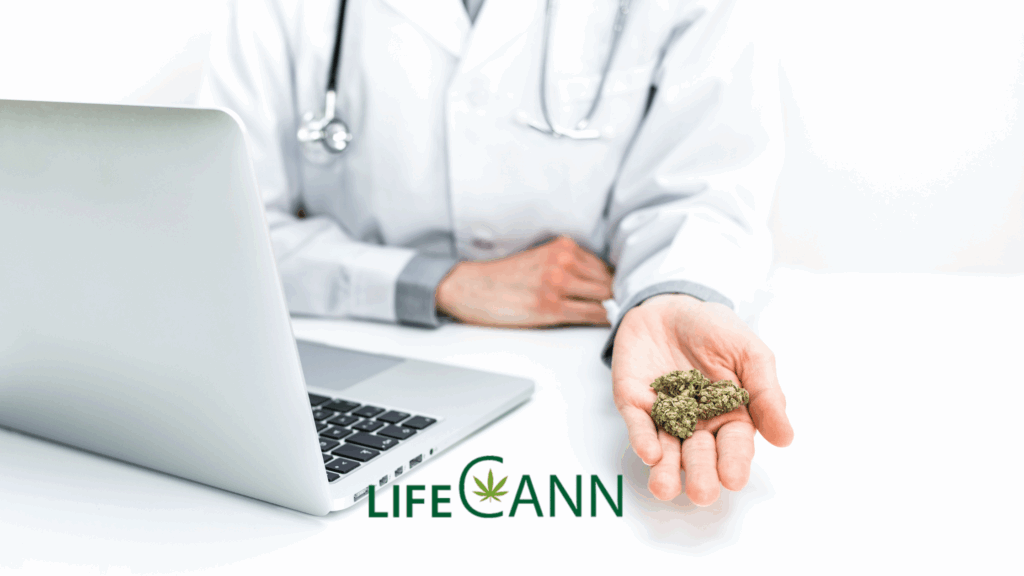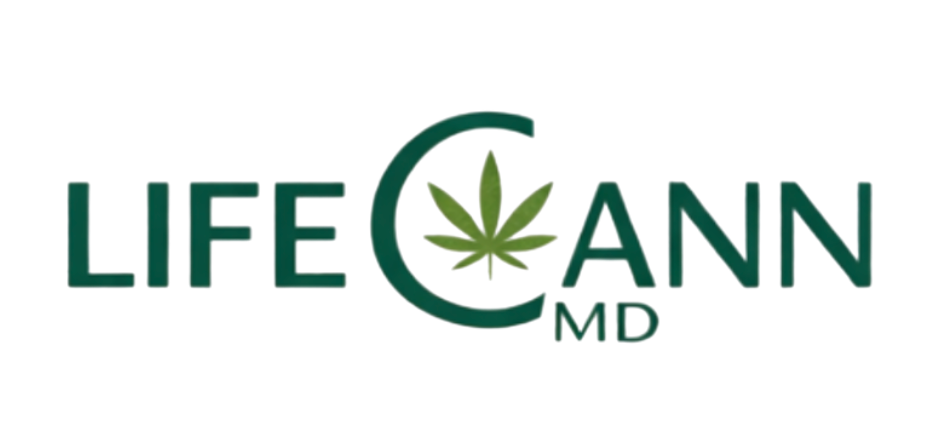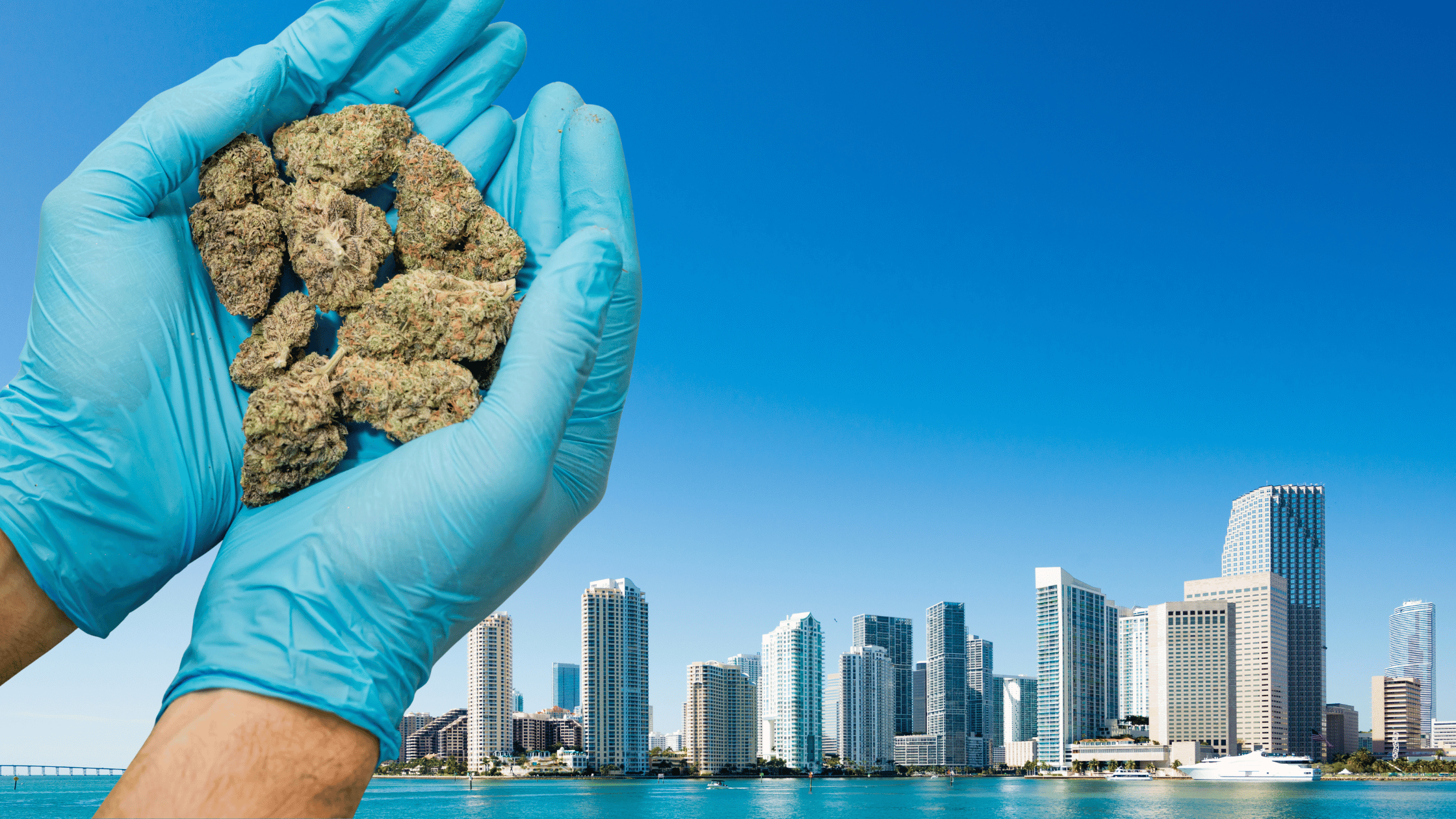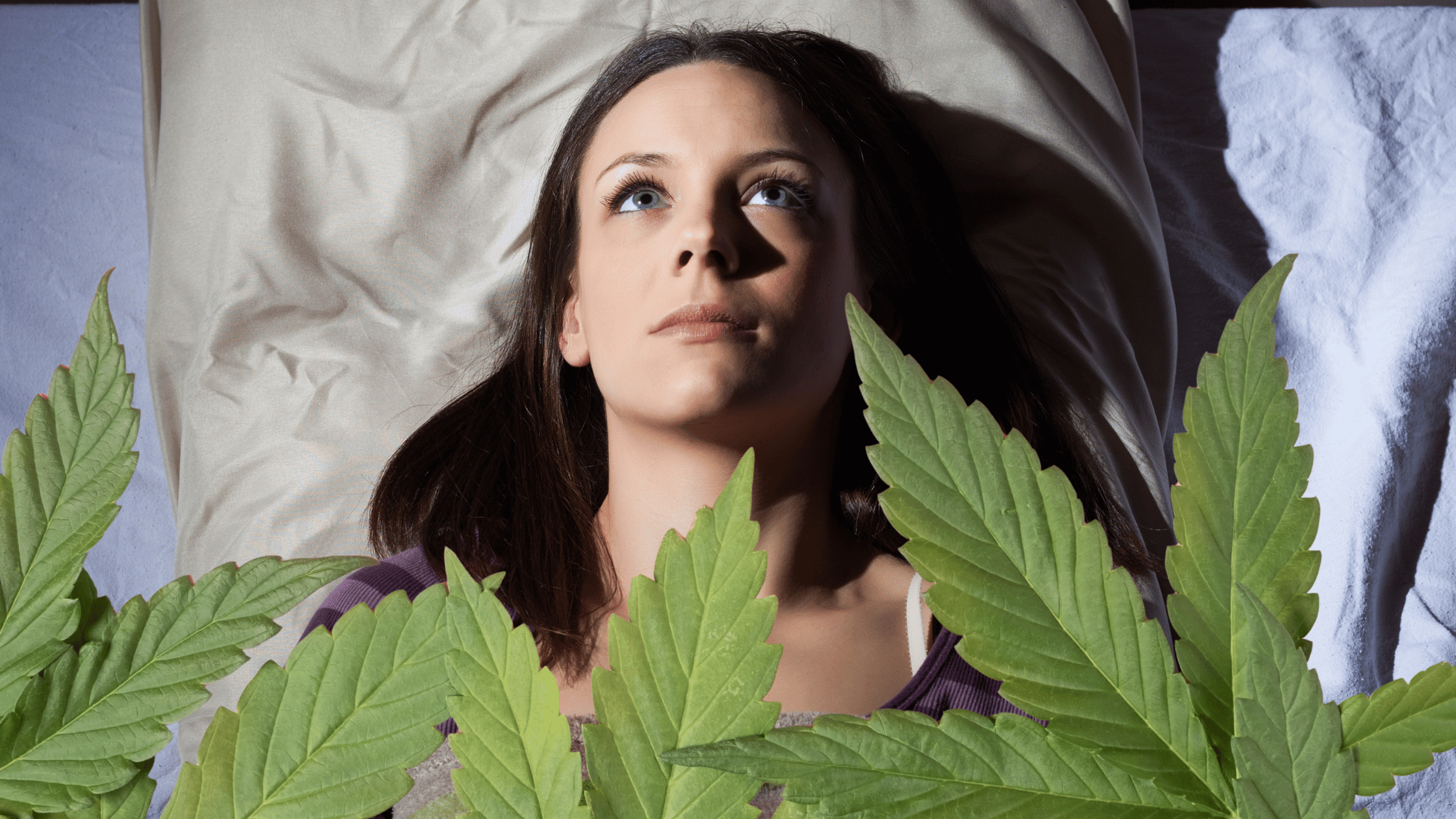
By Dr. Fernando Fandiño-Sende, LifeCannMD
After thirty years practicing medicine and specializing as a Miami cannabis doctor, I’ve had countless conversations with patients who tell me the same thing: “Doctor, I want to try medical marijuana, but I’m scared of getting too high.” I completely understand this concern, and that’s exactly why I’m passionate about educating patients about microdosing cannabis.
Just last week, I had a patient named Maria (not her real name) come into my LifeCannMD office. She’s a 52-year-old teacher dealing with chronic fibromyalgia pain, but she was terrified that using medical marijuana would leave her unable to function in the classroom. Three months later, after starting with microdosing marijuana, she’s managing her pain effectively while maintaining complete clarity during her teaching day. Stories like Maria’s happen in my practice every single week.
What Is Microdosing Cannabis? The Science Tells Us Everything
Microdosing Medical Marijuana isn’t just a trend we have seen here at Miami dispensaries – it’s a scientifically-backed approach that I’ve seen transform patients’ lives. Think about it this way: instead of taking a full-strength aspirin when you have a mild headache, you might take a baby aspirin. With cannabis, we’re talking about tiny amounts – maybe 1 to 5 milligrams of THC, sometimes even less. That’s roughly equivalent to a few grains of rice in terms of the actual medicine.
What really opened my eyes was this study that came out in 2021. Researchers followed chronic pain patients and found something fascinating: the group using just 2.5 to 5mg of THC got almost the same pain relief as people taking much higher doses – we’re talking 64% pain reduction versus 71%. But here’s the kicker – the low-dose group felt completely normal during the day. No brain fog, no couch-lock, no wondering if their coworkers could tell they were using medicine. That small difference in pain relief came with a massive difference in quality of life.
A leading researcher in cannabis medicine documented something fascinating called the “biphasic effect.” His research, published in Cannabis and Cannabinoid Research, demonstrates that low doses of THC can actually produce opposite effects from high doses. While 20mg might make someone anxious and foggy, 2.5mg of the same compound can reduce anxiety and improve focus.
As a cannabis physician, I explain to patients that this isn’t just theory – it’s visible in brain imaging studies. Research from Hebrew University shows that low-dose THC (1-3mg) increases neuroplasticity and promotes healing, while higher doses can actually suppress these beneficial effects.
The Real-World Benefits I See Every Day
Anxiety: The Research That Changed My Practice
I used to be skeptical about cannabis for anxiety until I saw the research from the University of Illinois at Chicago. Their 2017 study found that 7.5mg of THC reduced stress, while 12.5mg actually increased it. I now have dozens of patients who use 1-2mg doses throughout the day for anxiety management.
Take James, a 34-year-old software developer who came to me with severe social anxiety after obtaining his marijuana card. Traditional medications left him feeling like a zombie. Now, with 1.5mg of a balanced THC:CBD tincture twice daily, he’s giving presentations at work and actually enjoying social events again. His anxiety scores on the GAD-7 scale dropped from 18 (severe) to 6 (mild) over six months.
Chronic Pain: The Numbers Don’t Lie
Recent research from McGill University published in Pain Medicine followed 2,100 chronic pain patients over two years. Those using microdoses (under 5mg) showed:
- 58% reduction in pain scores
- 73% improvement in sleep quality
- 45% reduction in opioid use
- Only 12% reported cognitive side effects (compared to 67% in higher-dose groups)
Every week, I see patients like Robert, a 67-year-old retiree with arthritis. After six months of microdosing marijuana (2mg THC + 2mg CBD twice daily), his pain went from an 8/10 to a 3/10, and he’s back to playing golf three times a week.
Sleep: What the Sleep Studies Reveal
A groundbreaking 2020 study from the University of New Mexico analyzed sleep data from over 5,000 medical marijuana patients. Those using microdoses (1-3mg THC) before bed showed:
- 67% fell asleep faster (average 18 minutes vs. 45 minutes)
- 71% reported better sleep quality
- 89% woke up feeling more refreshed
- Minimal next-day grogginess (compared to 43% with standard doses)
Getting Started: My Proven Protocol
When patients come to LifeCannMD to see me as their medical marijuana doctor, I’ve developed a systematic approach based on five years of clinical experience and the latest research.
The Initial Assessment
Every patient gets a comprehensive evaluation. I use validated assessment tools like the Brief Pain Inventory for pain patients or the Beck Anxiety Inventory for anxiety. This gives us baseline measurements that we can track over time.
Research from Johns Hopkins shows that patients who start with formal assessments are 3.2 times more likely to achieve their treatment goals with medical cannabis.
My “Start Low, Go Slower” Protocol
Unlike the traditional “start low, go slow” approach, I’ve found that going even slower works better for microdosing.
A 2023 study in Cannabis and Cannabinoid Research validated this approach, showing that patients following slower titration schedules had 84% treatment satisfaction compared to 61% with faster increases.
Product Selection: What Works Best
Not all products are created equal for microdosing. Research from the University of Colorado found that:
- Sublingual tinctures provide the most consistent dosing (±0.2mg accuracy)
- Low-dose tablets offer predictable timing (onset 30-90 minutes)
- Vaporizers allow for immediate dose adjustment but require more patient education
I typically start patients with a 1:1 THC:CBD tincture. A 2021 study in Frontiers in Pharmacology showed that CBD enhances THC’s therapeutic effects while reducing anxiety and cognitive impairment.
The Research That Convinced Me: Real Studies, Real Results
The Israel Medical Cannabis Study
One of the most comprehensive studies on cannabis microdosing comes from Israel, where Dr. Raphael Mechoulam’s team followed 1,200 patients over three years. Published in European Journal of Pain, the results were remarkable:
- Patients using 1-5mg doses had equivalent pain relief to those using 10-20mg
- Cognitive function tests showed no impairment in the microdose group
- 92% of microdose patients continued treatment vs. 67% in higher-dose groups
- Healthcare costs dropped by 38% in the microdose group due to reduced side effects
Harvard Medical School’s Anxiety Research
Dr. Staci Gruber’s team at Harvard published groundbreaking research in 2022 showing that low-dose cannabis actually improves cognitive function in anxiety patients. Using advanced brain imaging, they demonstrated that 2-3mg of THC increased connectivity in brain regions responsible for emotional regulation.
The Stanford Sleep Laboratory Findings
Stanford’s Sleep Research Center studied 847 insomnia patients using different cannabis doses. Their 2023 findings, published in Sleep Medicine, showed that microdoses (1-3mg THC) were actually more effective for sleep maintenance than higher doses, with patients sleeping an average of 1.3 hours longer per night.
Real Patients, Real Stories
Let me share some examples that illustrate why I’m so passionate about this approach as a cannabis doctor in Miami:
Chronic Migraine Patient: After getting a cannabis card, our patient started with 1mg THC + 2mg CBD at the first sign of a migraine. Migraine frequency dropped from 15 per month to 4, and when they do occur, they’re 70% less severe. She said that she hasn’t missed work due to migraines in months.
PTSD Patient: Traditional medications weren’t helping with sleep and hypervigilance. With 1.5mg THC before bed and 0.5mg during anxiety spikes, his PTSD Checklist scores improved from 67 (severe) to 32 (mild). He’s now able to attend his daughter’s school events without panic attacks.
The Science of Why Less Is More
Recent research from the University of California San Diego explains why microdosing works so well. Dr. Igor Grant’s team discovered that cannabis affects our endocannabinoid system in a dose-dependent manner:
- Low doses (1-5mg): Enhance natural endocannabinoid production
- Medium doses (5-15mg): Begin to saturate cannabinoid receptors
- High doses (15mg+): Can actually suppress endocannabinoid function
They published findings showing that patients using microdoses had 43% higher levels of natural endocannabinoids (anandamide and 2-AG) compared to those using standard doses.
Common Concerns I Address Every Day
“Will I Still Get the Medical Benefits?”
Absolutely. A 2022 meta-analysis of 23 studies published in Clinical Pharmacology & Therapeutics found that therapeutic effects plateau at relatively low doses for most conditions. The researchers concluded that doses above 10mg rarely provide additional benefits for chronic pain, anxiety, or sleep disorders.
“What About Tolerance?”
Interestingly, research suggests that microdosing may actually prevent tolerance. A study from Temple University showed that patients using consistent low doses maintained effectiveness over 18 months, while those using higher doses showed 67% tolerance development.
“How Do I Know It’s Working?”
I use validated measurement tools with all my patients. Research from the University of Pennsylvania shows that objective measures are crucial. I track:
- Pain scores using the Numeric Rating Scale
- Sleep quality with the Pittsburgh Sleep Quality Index
- Anxiety levels using the GAD-7
- Quality of life with the SF-36
My Commitment to Evidence-Based Care
At LifeCannMD, everything I do is based on research and clinical evidence. I’m not just a medical marijuana doctor – I’m a physician who happens to specialize in cannabis medicine. I attend multiple medical conferences each year, review every major cannabis research publication, and participate in ongoing clinical studies.
What Sets LifeCannMD Apart
When you visit me as your cannabis physician, you’re not just getting a recommendation – you’re getting a comprehensive medical evaluation and ongoing care plan. Here’s what that looks like:
Initial Consultation (90 minutes): Complete medical history, physical exam, review of previous treatments, discussion of goals and concerns
Baseline Assessments: Standardized questionnaires, pain scales, sleep diaries, anxiety inventories
Personalized Protocol: Specific product recommendations based on your condition, lifestyle, and sensitivity
Follow-up Schedule: Week 2, week 6, month 3, then every 6 months with phone support as needed
Outcome Tracking: Regular assessment of symptom improvement, side effects, and quality of life measures
Looking Ahead: The Future of Cannabis Medicine
The research pipeline for cannabis microdosing is incredibly exciting. Current clinical trials are investigating:
- Precision dosing based on genetic markers
- Personalized cannabinoid ratios for specific conditions
- Combination therapies with other natural compounds
- Long-term safety and efficacy data
Is Microdosing Right for You?
Based on my clinical experience and the research evidence, microdosing marijuana might be ideal if you:
- Want the medical benefits of cannabis without impairment
- Haven’t found relief with conventional treatments
- Are sensitive to medications or prone to side effects
- Need to maintain mental clarity for work or family responsibilities
- Are new to medical cannabis and want to start conservatively
To Begin Microdosing Cannabis in Miami
If you’re wondering whether microdosing might be the missing piece in your health puzzle, I’d really love to have that conversation with you.
Here’s the thing I tell every patient who walks through my door: what helps your neighbor sleep better might make you feel anxious, and what calms your friend’s pain might do absolutely nothing for yours. That’s completely normal. That’s exactly why I spend so much time with each patient – because your story matters, and your treatment should be as unique as you are.
The science behind microdosing is solid, but it’s not magic. It takes patience, the right products, and honestly, a doctor who’s going to stick with you through the process of finding what works. Some patients find their sweet spot in two weeks, others take two months. That’s just how medicine works sometimes.
If you’re tired of living with symptoms that are stealing your joy, give us a call at LifeCannMD. Let’s have a real conversation about whether medical cannabis could be part of your path forward. No pressure, no sales pitch – just an honest discussion about your options and whether this approach makes sense for your life.
Dr. Fernando Fandiño-Sende is a board-certified physician specializing in cannabis medicine at LifeCannMD in Miami.


